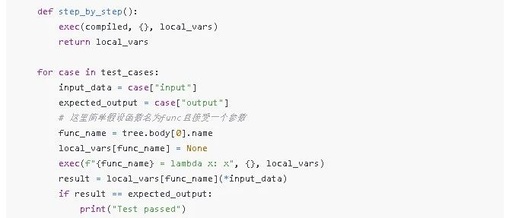Three Major Drawbacks of Writing Rust
Author | Roman Kashitsyn Translation | Yan Zheng Rust is a hot topic in the field of language design. It allows us to build efficient, memory-safe programs with concise, portable, and sometimes even beautiful code. However, everything has two sides; it’s not all roses and sunshine. The details of memory management often drive development work … Read more









